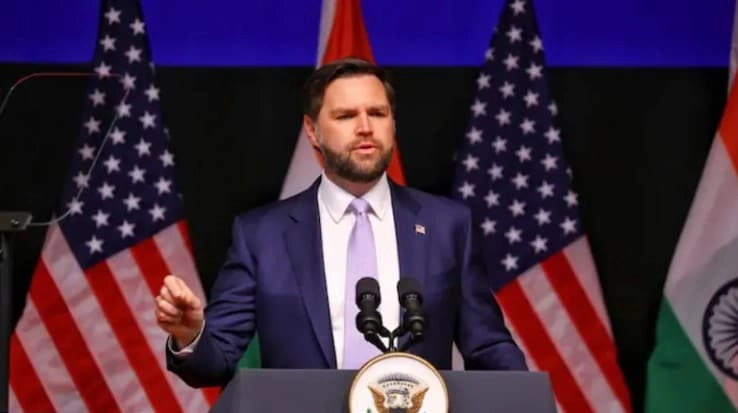In a recent statement, U.S. Senator JD Vance made it clear that the United States currently has no intentions of recognizing a Palestinian state. This assertion comes amid ongoing tensions and complex geopolitical dynamics in the Middle East, particularly in relation to the Israeli-Palestinian conflict. Vance’s comments reflect a broader sentiment among certain U.S. lawmakers who prioritize strong support for Israel and view recognition of Palestinian statehood as counterproductive to peace efforts in the region.
Vance’s position is rooted in a belief that recognizing a Palestinian state could undermine Israel’s security and potentially embolden militant groups in the region. He argues that the focus should instead be on promoting stability and fostering dialogue between Israel and Palestinian authorities, rather than taking unilateral steps that could complicate the already fragile situation. This stance is consistent with the long-standing U.S. policy of encouraging negotiations as the primary means to achieve a lasting peace between Israelis and Palestinians.
The senator’s remarks also highlight the challenges faced by advocates of Palestinian statehood, who argue that international recognition is essential for achieving self-determination and addressing longstanding grievances. However, with the U.S. maintaining its current position, the prospect of a recognized Palestinian state remains uncertain. As diplomatic efforts continue, the debate surrounding this issue underscores the complexities inherent in Middle Eastern politics and the varying perspectives that influence U.S. foreign policy in the region.




